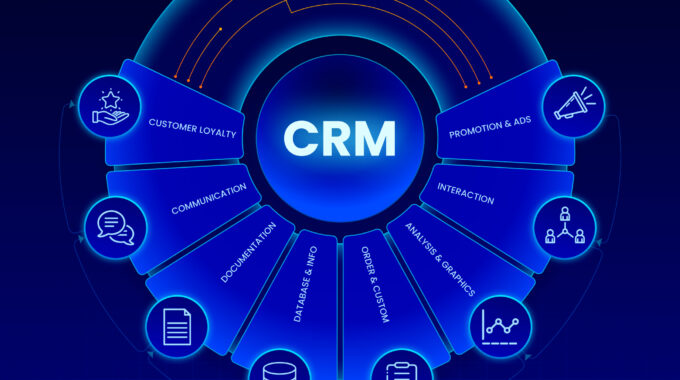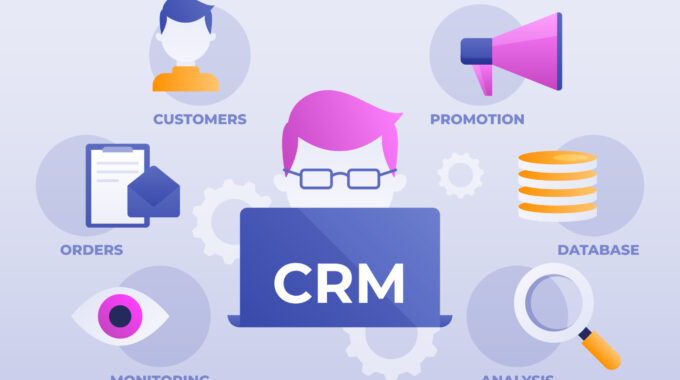Introduction Customer Relationship Management (CRM) serves as an effective growth booster, particularly for small and…

Which are the main reasons for companies to implement a CRM system?
Introduction
A CRM system offers numerous benefits to businesses, especially those involved in sales, marketing, and business intelligence. Popular CRM systems like Salesforce and Microsoft Dynamics CRM can be tailored to match the unique requirements of these companies.
Reasons for CRM Implementation
Acts as a Data Warehouse
A CRM tool centralizes all customer data, providing a common accessible platform for company staff. It acts as a well-organized data warehouse, saving time and effort.
Provides Business Insights
CRM systems analyze customer information, offering valuable insights into purchase patterns, customer behavior, preferences, attrition rates, and more. These insights directly contribute to enhanced customer service.
Task Automation
CRM tools automate routine tasks such as report generation and form filling, streamlining operational efficiency.
Empowered Staff
Centralized customer data access empowers employees, eliminating dependency on colleagues for customer information. This confidence boost allows employees to devise action plans with comprehensive information at their fingertips.
Overcoming CRM Implementation Challenges
Addressing Common Hurdles for Effective CRM Integration
Complexity
To ensure CRM success, it is crucial to tailor the system to the company’s specific needs, ensuring user-friendliness. Customization should focus on providing pertinent information, preventing employees from being overwhelmed by unnecessary data.
Integration with Business Processes
Seamless Blending with Existing Business Operations
Successful CRM integration hinges on seamless alignment with existing business processes. Ensuring a harmonious fit is vital before CRM implementation to guarantee its effectiveness.
Additional Considerations for CRM Implementation
Apart from the challenges mentioned, successful CRM implementation requires:
- Adequate Employee Training: Providing comprehensive training to employees on CRM usage is essential for maximizing its benefits.
- Real-time Report Access: Establishing mechanisms for real-time reporting from the CRM to facilitate informed decision-making.
- Regular Monitoring of CRM Usage: Tracking and monitoring CRM usage to ensure it is effectively utilized within the organization. If not, reevaluation of CRM utility might be necessary.
Conclusion
CRM systems, when carefully customized and integrated, can significantly impact businesses positively. By optimizing customization, businesses can maximize the benefits offered by CRM systems, enhancing overall operational efficiency and customer satisfaction.
About Apoorva:
Apoorva is a technology services company that assists software products with ideation, developing prototypes, programming, creating a digital marketing presence and accelerating sales through direct contact. Over 150 for-profit and non-profit organizations, such as Xcel Energy, PeopleCare Health Services, Frontier Airlines and Centers for Spiritual Living have trusted Apoorva to build software.
Apoorva was founded in 2001, has more than 50 employees, and uses proprietary and proven methodologies to bring technology products to the market. Contact us / Visit apoorva.com for more information.




